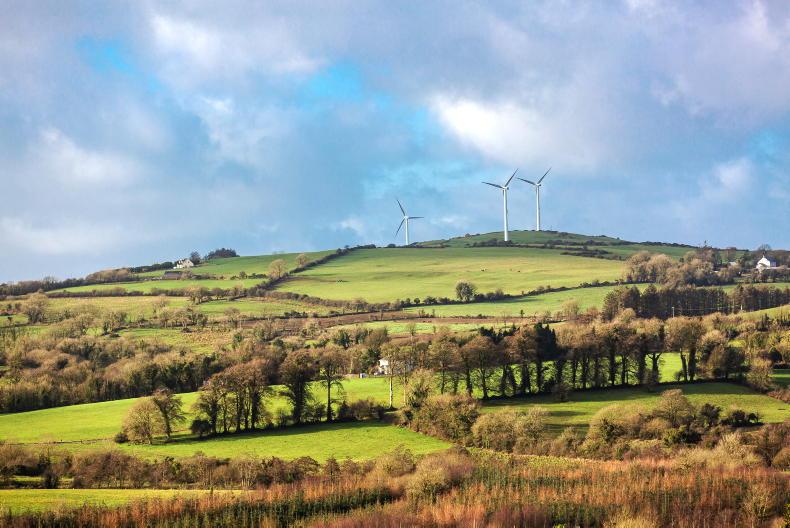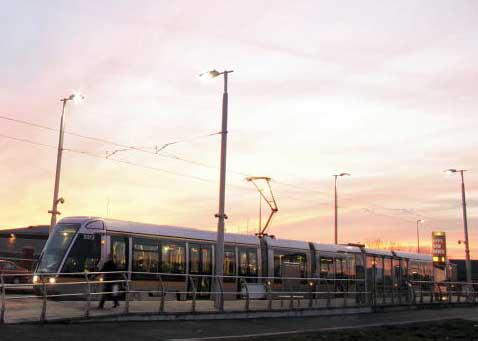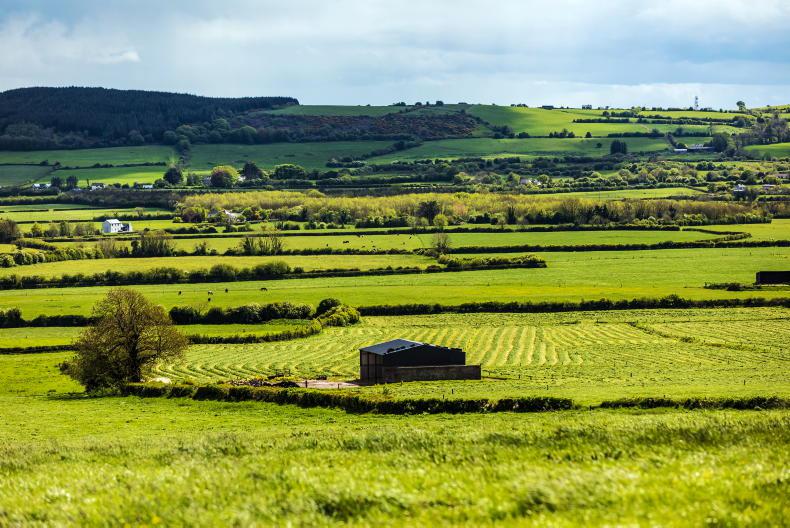A young child’s toothache generates the demand that Mummy should make it better. But Mummy cannot fix teeth and a trip to the dentist must be arranged. That will also be the outcome with the surge in energy costs and the accompanying threat to the security of energy supplies.
It is not open to the Irish Government to conjure up remedies without cost. Energy just got more expensive, it is mainly imported and the State cannot unilaterally make it cheaper. Excise duty reductions can ameliorate the burden for some, as can grants to hauliers and credits on electricity bills, but at the cost of higher Exchequer debt, even where the interventions are time-limited. If permanent, the debt burden rises more and faster. To date, once-off grants and temporary tax discounts which run out in August will add most of a billion to the deficit for 2022.
Aside from higher import costs, the EU summit last week had to consider the implications of actual disruptions to physical supply, especially of gas. There are no options which deliver longer-term energy security without ongoing costs, including the psychological cost of changes to existing policies. Green campaigners have been insisting that the threat of actual energy shortages can be averted through an accelerated switch to renewables and that no changes to the existing policy framework, built around ambitious targets for cutting emissions, should be considered.
Awkward fact
On its own terms, this runs straight into an awkward fact. The cheapest form of renewable energy capable of early deployment is onshore wind, which needs planning consent for wind turbines and power lines. The same green campaigners are often the most active opponents of real-world projects to expand renewable capacity onshore.
One of the attractions of offshore wind to some of its advocates, not always openly admitted, is that there are no neighbours out in the ocean. Mermaids do not vote, appeal to An Bord Pleanála or seek judicial reviews. There may well be viable offshore wind projects but there are no certainties, while the viability of onshore wind has been securely established, in Ireland and in many other countries. Every current proposal for onshore wind is being opposed, as are Eirgrid’s plans to accommodate new capacity with the necessary power lines. There are demands that power lines be put underground, but this can be done only at substantial extra cost which the objectors are not volunteering to pay. Nobody has figured out how to put wind turbines underground.
One of the costs of Putin’s war is that achieving emissions reductions has become more difficult. The task of climate policy is not emissions reduction, it is emissions reduction at minimum cost.
The pace of reduction is also important – the longer it is deferred, the greater the burden, since hasty measures, stranding costly assets, eventually become imperative. Some of the targets adopted at the COP 26 meeting in Glasgow looked very ambitious, including those outlined in the Irish Government’s Climate Action Plan. The timetable for emissions reduction has already slipped – here in Ireland, it is clear that the Moneypoint coal station will have to be kept going longer than had been intended.
The pace of reduction is also important – the longer it is deferred, the greater the burden
A constant source of exasperation for economists is the pretence that cutting emissions quickly has no costs and the more extreme version which talks of opportunity and green jobs. It is almost as if the 30-year delay in facing the music was all part of a cunning plan.
Of course, there are opportunities in renewable technologies and some people have already found employment in the sector. But the delay has exacted a heavy cost in stranded assets and no useful purpose is served by pretending that the accelerated timetable now necessary comes free of charge. The risk is that the public will feel misled as the costs emerge – a recent poll in the Sunday Independent showed large numbers supporting climate action but without any willingness to pay for it.
Practical measures
Environmental activists, including Green Party politicians, ought to be persuaders for practical measures which improve energy security and help contain the costs of emissions reduction. If onshore renewables are the cheapest available option, objecting to wind turbines and pylons is shortsighted. A recent report from Eirgrid identifies the east coast as the most promising choice for offshore wind, in large part because the water depths and availability of grid capacity make it cheaper. It is not adequate to duck these issues by rattling on about the extent of Ireland’s western territory in the broad Atlantic and soundbites about the ‘Saudi Arabia of Wind’. There can be no reliance either on speculative technologies which are really long-term research projects.
If the Russian devastation of Ukraine yields a silver lining, it should be an acceptance that there are no painless answers.










SHARING OPTIONS